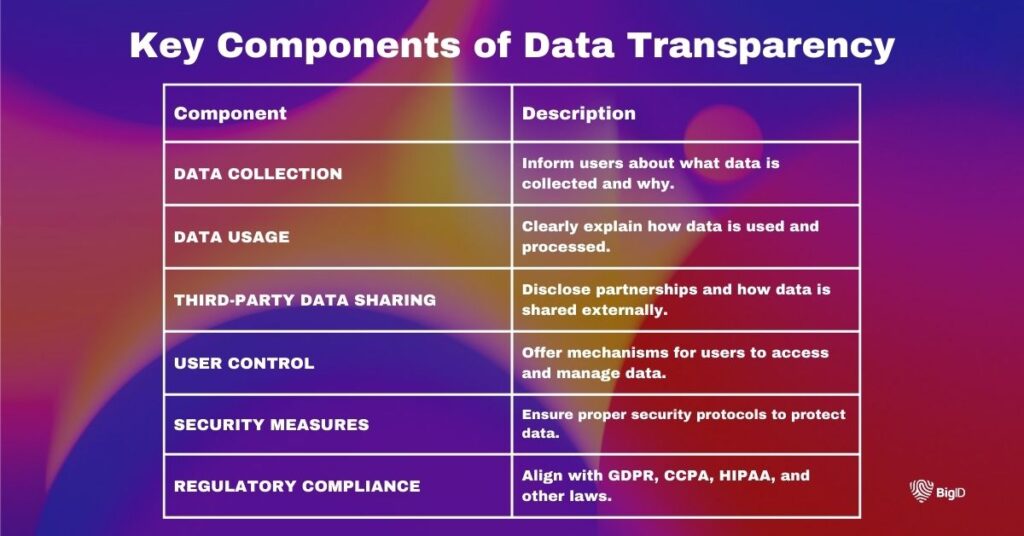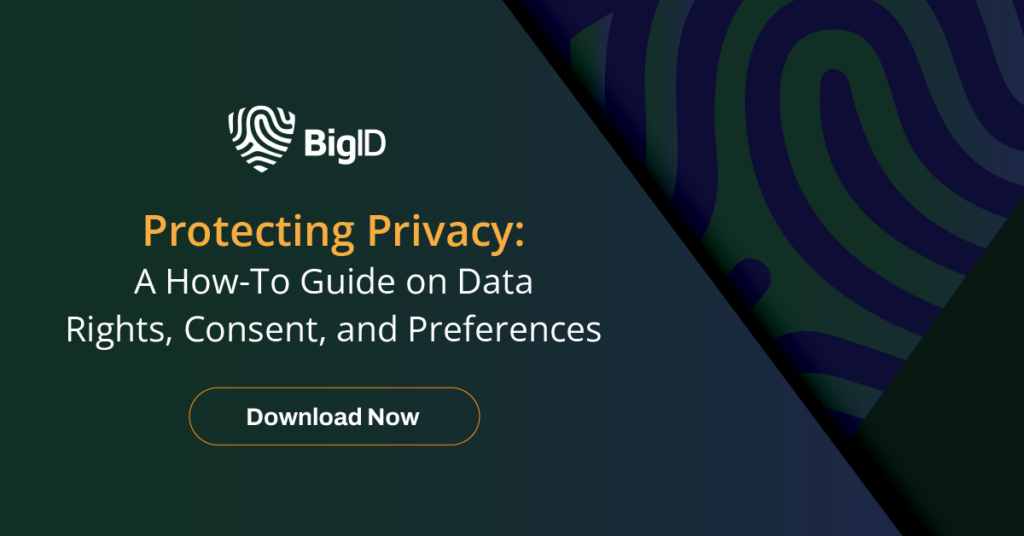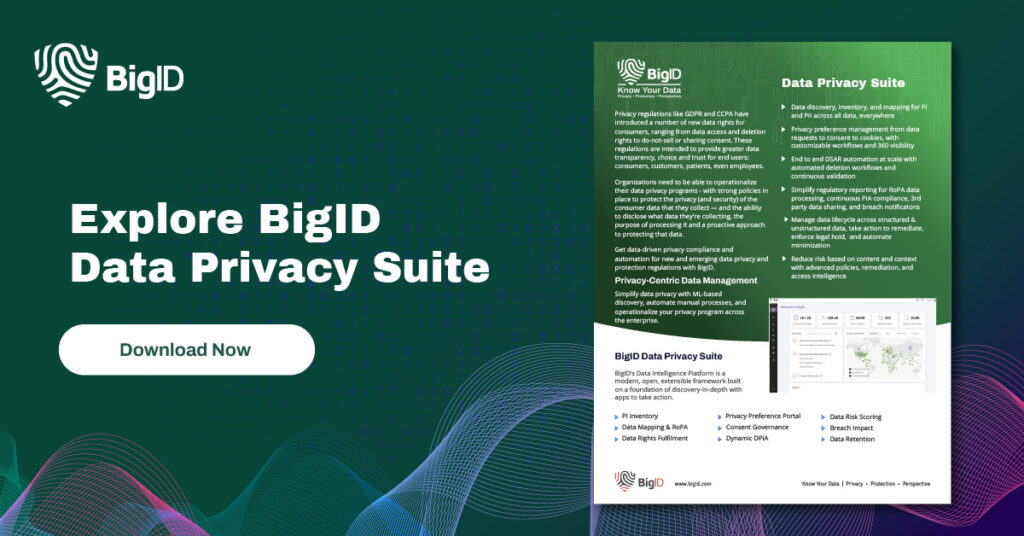What is Data Transparency?
Data transparency refers to the clear, open, and honest handling of data within an organization. It means that businesses, governments, and institutions disclose how they collect, store, use, and share data, ensuring users, customers, and stakeholders understand their practices.
In today’s digital-first world, data transparency is not just a compliance requirement—it’s a critical factor in building trust, maintaining security, and ensuring ethical business operations.
The Importance of Data Transparency
1. Building Consumer Trust
Trust is the foundation of any business relationship. Consumers are increasingly concerned about how companies handle their personal data. Transparency reassures customers, fostering loyalty and encouraging long-term engagement.
2. Compliance with Regulations
Many global regulations mandate transparency in data handling. Organizations must comply with laws such as the General Data Protection Regulation (GDPR) in Europe, the California Consumer Privacy Act (CCPA) in the U.S., and industry-specific regulations like HIPAA for healthcare.
3. Strengthening Security and Reducing Risk
Transparent data governance helps organizations identify vulnerabilities, detect data breaches early, and establish protocols to protect sensitive information. Lack of transparency can result in hefty fines and reputational damage.
4. Facilitating Ethical AI Development
With the rise of artificial intelligence (AI), transparency is crucial in ensuring fairness and avoiding bias. AI-driven decision-making processes should be explainable, auditable, and free from hidden biases that could harm individuals or groups.
Common Challenges Organizations Face with Data Transparency
While transparency is beneficial, many organizations struggle with implementation due to:
- Complex Data Ecosystems: Companies collect data from various sources, making it difficult to track and disclose usage accurately.
- Data Privacy vs. Transparency: Organizations must balance the need for openness with protecting sensitive or proprietary information.
- Regulatory Complexity: With evolving global regulations, companies must navigate a complex web of compliance requirements.
- Legacy Systems & Data Silos: Older infrastructures may not support seamless transparency initiatives, requiring costly upgrades.

Frameworks and Regulations Promoting Data Transparency
Several frameworks and laws guide organizations in their transparency efforts:
1. GDPR (General Data Protection Regulation)
- Requires companies to disclose what personal data they collect, why they collect it, and how users can control it.
- Mandates clear privacy policies and explicit consent mechanisms.
2. CCPA (California Consumer Privacy Act)
- Grants consumers the right to know what data is collected and request its deletion.
- Requires businesses to disclose third-party data-sharing practices.
3. ISO 27001 & NIST Frameworks
- Provides security and transparency best practices for organizations handling data.
- Helps companies establish clear documentation, audits, and risk assessments.
4. AI Transparency and Explainability Initiatives
- AI regulations, such as the EU AI Act, promote transparent AI models.
- Ethical AI frameworks, like IBM’s AI Fairness 360, help businesses ensure accountability.
Examples of Data Transparency in Action
Healthcare:
- HIPAA Compliance & Patient Portals: Hospitals and clinics offer secure patient portals where users can access medical records, treatment histories, and data-sharing disclosures.
- AI in Diagnostics: AI-driven diagnostic tools, like those used in radiology, provide transparency by explaining how algorithms interpret medical images.
Finance:
- Open Banking Regulations: Financial institutions in Europe comply with PSD2 (Payment Services Directive 2), which mandates data-sharing transparency in banking services.
- Algorithmic Trading Transparency: Firms disclose how AI-driven trading bots make decisions to ensure fair trading practices.
Retail & E-commerce:
- Personalization & Data Control: Companies like Amazon and Nike provide customers with dashboards where they can see, download, or delete their personal data.
- Supply Chain Transparency: Brands such as Patagonia disclose sourcing details and sustainability data for ethical purchasing decisions.
Technology & AI:
- Google’s AI Principles: Google openly shares its AI ethical guidelines and provides explainability reports for some of its AI-powered services.
- Facebook’s Ad Transparency: Meta introduced Ad Library, where users can see why they are being targeted with specific ads.

Achieving Data Transparency: Best Practices
To embed transparency into an organization’s DNA, companies should:
- Create Clear Data Policies: Develop and communicate clear, user-friendly privacy policies and terms of service.
- Implement Data Governance Frameworks: Use standards like ISO 27001 or NIST to maintain data integrity and transparency.
- Adopt Consent Management Tools: Allow users to control how their data is collected and used.
- Enhance AI Explainability: If AI is used, ensure models are interpretable and that decisions can be explained to users.
- Conduct Regular Audits: Periodic assessments help identify transparency gaps and ensure compliance with regulations.
- Empower Users: Provide tools that let users easily view, update, or delete their personal data.
The Future of Data Transparency
As data privacy, security, and governance evolve, the future of data transparency will be shaped by:
- Stronger Regulations & Global Standards: Countries and regions will continue to introduce stricter laws governing data collection, AI ethics, and digital identity protection.
- Decentralized Data Ownership: Blockchain and decentralized identity solutions will empower individuals with greater control over their personal data.
- AI and Explainable Machine Learning: Organizations will be required to provide clearer explanations of AI decision-making processes.
- Privacy-Enhancing Technologies (PETs): Tools like differential privacy and zero-knowledge proofs will enable organizations to maintain transparency while ensuring confidentiality.
- Consumer-Driven Transparency Demands: Customers will increasingly expect full visibility into how their data is used, leading businesses to adopt more user-friendly transparency features.
- Greater Integration of Data Ethics: Organizations will embed ethical considerations into their data governance strategies to ensure fairness, accountability, and inclusivity.
BigID’s Approach to Data Transparency
Data transparency is no longer optional—it’s an essential part of ethical business practices and regulatory compliance. Organizations that embrace transparency build stronger relationships with customers, enhance security, and gain a competitive edge in today’s data-driven world. As the industry-leading platform for data privacy, security, compliance, and AI data management— BigID is there every step of the way.
With BigID organizations can:
- Know Your Data: Automatically classify, categorize, tag, and label sensitive, personal data accurately, granularly, and scale. Discover and catalog your sensitive data, including structured, semi-structured, and unstructured – in on-prem environments and across the cloud.
- Enable Compliance with GDPR & CCPA: Get a centralized view into personal and private data distributed across all data repositories, comply with breach notification windows, and satisfy customer data portability— all in accordance with GDPR, CCPA, and other regulatory requirements.
- Automate Data Minimization: Ensure data minimization through duplicate discovery and correlation to automatically remove ROT data and reduce your attack surface.
- Universal Consent & Preferences Management: Manage and adjust consumer consent and preferences universally and centrally across various channels with ease.
- Streamline Data Lifecycle Management: Apply a policy-based approach to automate data lifecycle management across collection, retention, and deletion.
Book a 1:1 demo with BigID to see how we can help you give your customers the data transparency they deserve.
Frequently Asked Questions (FAQs)
1. Why is data transparency important for businesses?
Data transparency fosters trust, ensures compliance with regulations, and enhances security, ultimately benefiting both businesses and consumers.
2. What are the biggest risks of lacking data transparency?
Organizations that fail to be transparent risk losing customer trust, facing legal penalties, and experiencing data breaches or reputational damage.
3. How does AI impact data transparency?
AI models often operate as “black boxes.” Ensuring AI explainability and fairness is critical for maintaining transparency and avoiding biases.
4. How can businesses achieve data transparency without compromising security?
By implementing robust data governance policies, encryption, and access controls, businesses can ensure security while remaining transparent.
5. What role does regulation play in data transparency?
Regulations like GDPR and CCPA enforce transparency by requiring businesses to disclose data practices and provide users with control over their information.
6. What are some tools that help with data transparency?
Privacy dashboards, consent management tools, and security frameworks like NIST and ISO 27001 aid in achieving data transparency.



